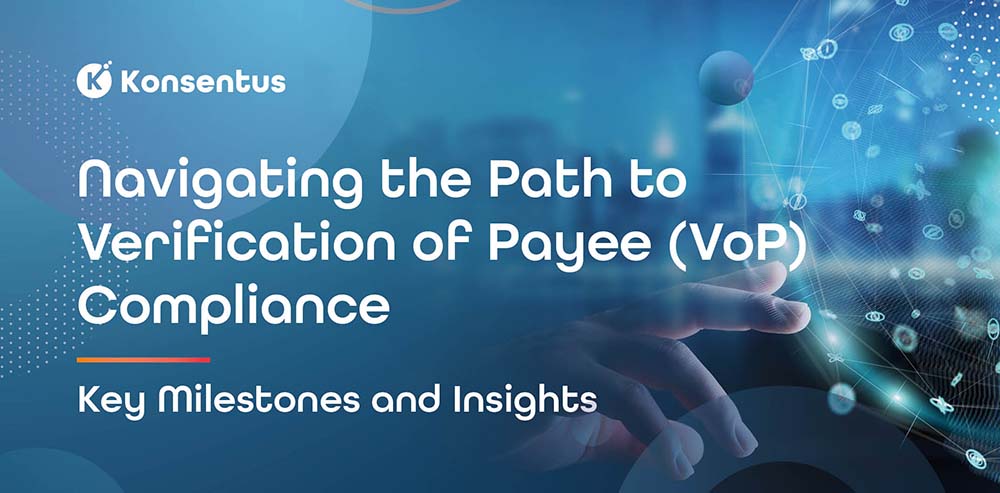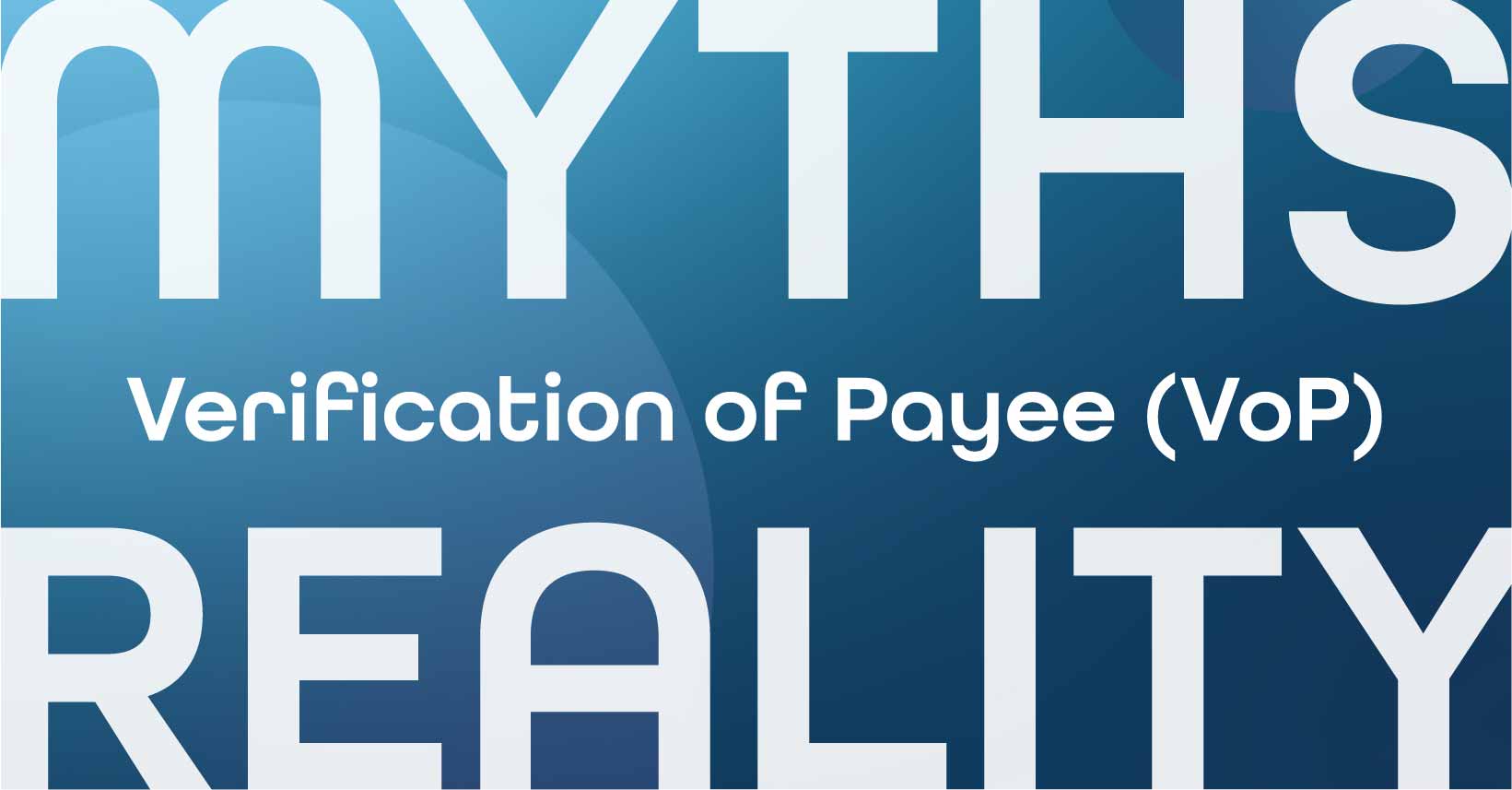Financial inclusion is a powerful engine of development. According to the World Bank, almost half of Latin America does not have access to a single financial product. Financial exclusion stems from lack of access to capital, or simply the high cost of capital. Both these gaps can be closed by leveraging the opportunities offered by open finance – which is one reason why regulators in Brazil, Mexico, Colombia and Chile, to name just four, are so interested in promoting it.
How open finance enables financial inclusion
Financial transactions can prove difficult for every member of society. But for those whose understanding or access to technology is limited, making transactions in person and performing necessary tasks like paying bills and securing loans can be especially draining – both in time and money.
With open finance, Latin America has the possibility of creating a system where financial institutions and fintechs take care of these tasks in the background. In Europe, PSD2 has put data back in the hands of the consumer, and as open finance and open data evolve there are numerous opportunities of harnessing the consumer’s data to build credit capacity, support gig workers, and widen accessibility to financial services. Open Banking Exchange has identified more than 22 use cases in open banking alone, including solutions for payments, wealth management, and direct access for corporate and SME clients. The numbers for open finance are far higher.
Many people struggle with the constant and confusing mental exercise of organising their financial life, without a unified vision of it. The agile use of consumption information and bank accounts is not possible today in the Latam region, but it could lead to major improvements. PicPay recently announced the acquisition of Guiablolso, the forerunner of open banking in Latam. PicPay’s plan is to leverage the knowledge acquired by the company over the last seven years and put it at the service of its more than 50 million users. This is a clear example of how open finance can drive financial inclusion.
Next steps
Open finance will enable consumers to understand the value of their current disaggregated, fragmented data, and contextualise it to help apply for loans, secure lower tariffs on utility bills, and manage saving accounts and monthly bills. But it is still early days. In Latin America, many bodies are naturally resistant and there is doubt in the face of this novel way of understanding and processing data. The new environment which open finance creates requires profound changes in the way we have developed business models.
To make open finance a reality, we need first and foremost to create trust. The number of people who have at least one financial product is growing rapidly in Latam, but to gage the rate of inclusion, this must be framed within the context of usability. For inclusion to materialise, products must be designed so everyone can use them. Look at what Nubank has done: more than 40 million people use their products. There is no advantage if people receive their salary into their account, and at lunchtime withdraw it from the cash machine.
Issues like greater access to Wi-Fi and access in remote areas should be tackled, bearing in mind the complexity of geography and human disabilities. In other words, context is vital to avoid perpetuating access limitations and reinforcing the factors of exclusion.
The importance of Open Banking and Open Finance standards
For adoption and scale, it is vital to avoid fragmentation, working collectively to avert multiple standards and different ways of implementing security and identity. Failure to do so can slow the speed of development and implementation. Hence the importance of creating a common language, a terminology that is universally accepted which does not inhibit growth.
Collaboration in Latin America requires a change in mindset. Each actor in the ecosystem – financial entities, fintechs, service providers – has a legitimate interest in seeking to be strong in their market niche, and this is no bad thing. What we must work on collectively is how to create a broader market for everyone. For this, it is important to define those minimum standards which allow us to focus on scaling in an agile and cost-efficient way so more people can be reached with financial products and services. Without standards and agreements between all parties, falling into the world of “silos” becomes inevitable.
Open finance will revolutionise people’s lives, allowing them to turn to activities which generate greater satisfaction and benefit, leaving mundane tasks to financial service providers. Yet it is important to remember that ‘open’ means transparent and visible. By deciding on simple rules and protocols, we can reduce friction and grow usability for everyone. Latin America has a huge opportunity with open finance to introduce a wider proportion of the population to financial services, and ensure that those services benefit the most vulnerable in society. Together, financial institutions and fintechs can work towards inclusion, aiming for collaboration between different market players, seeking to convert regulatory requirements into scalable operational realities.





